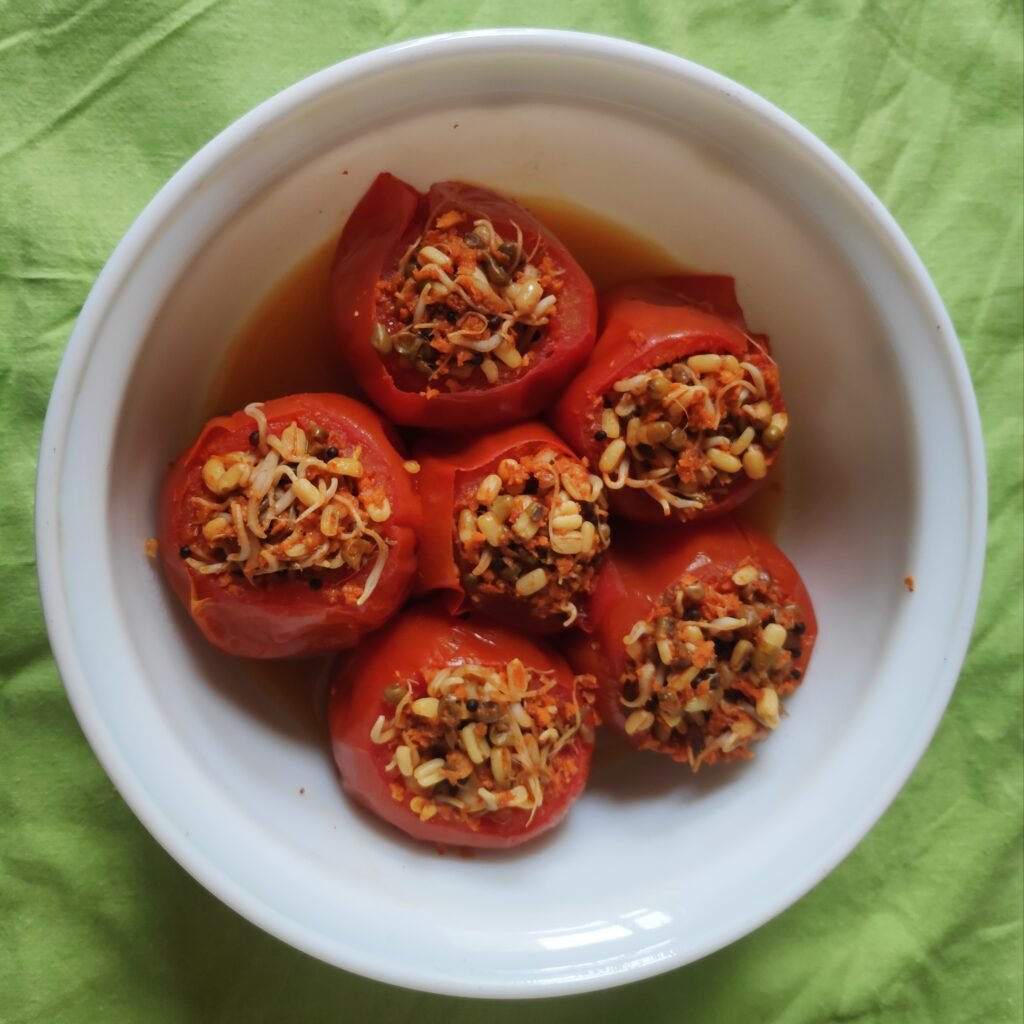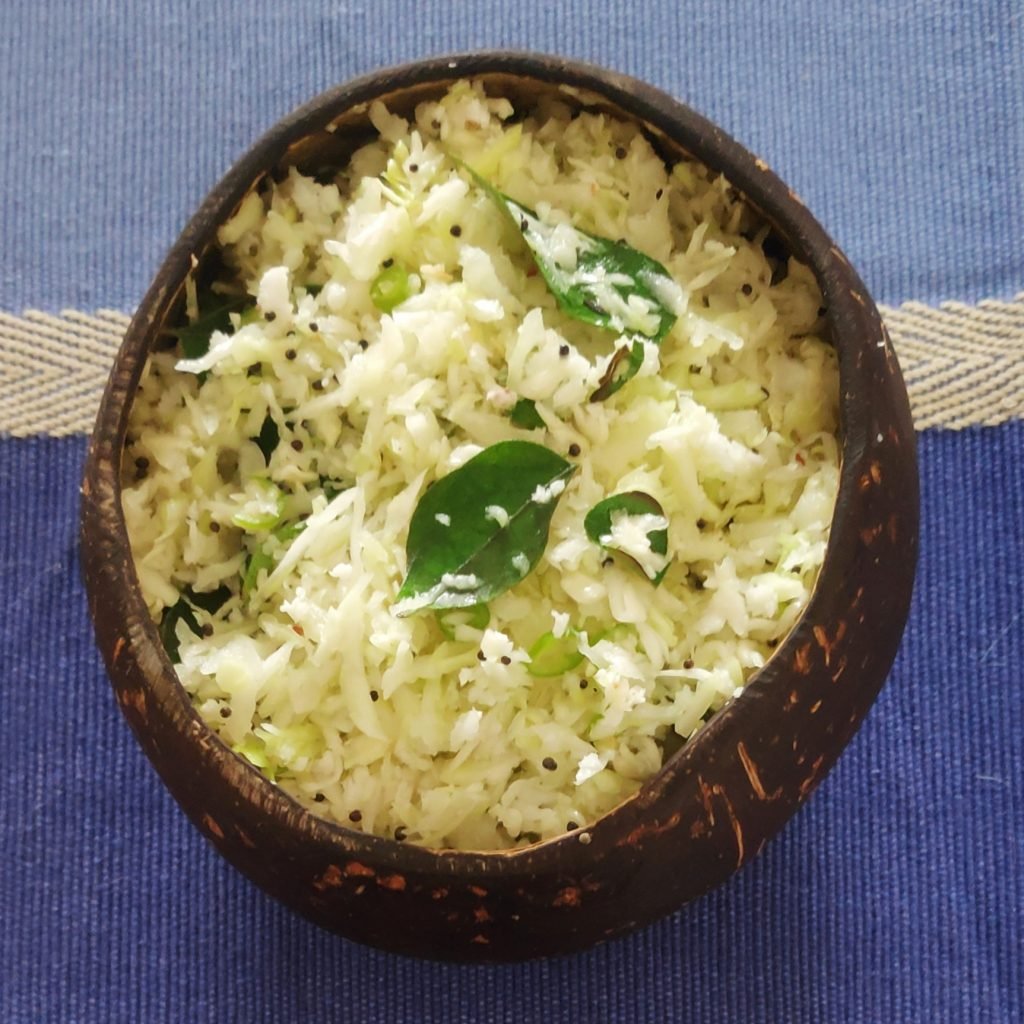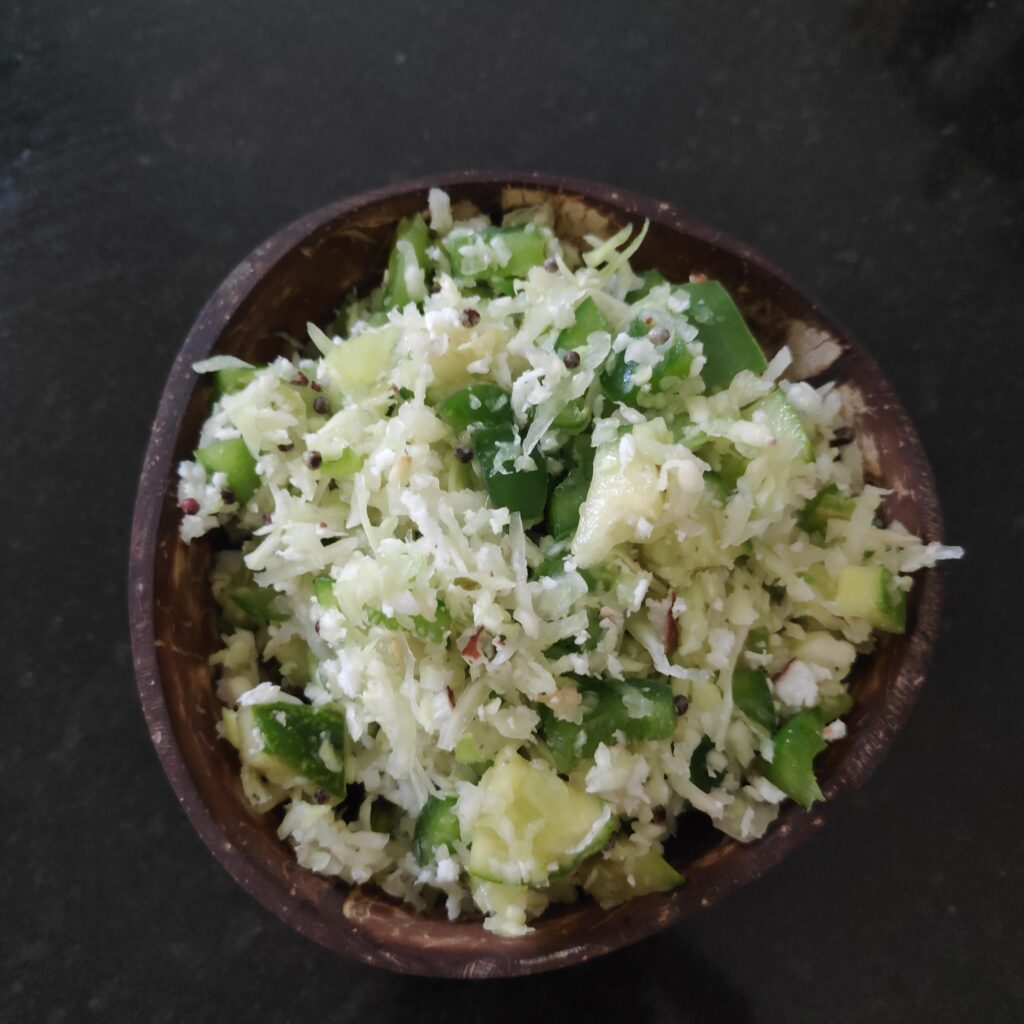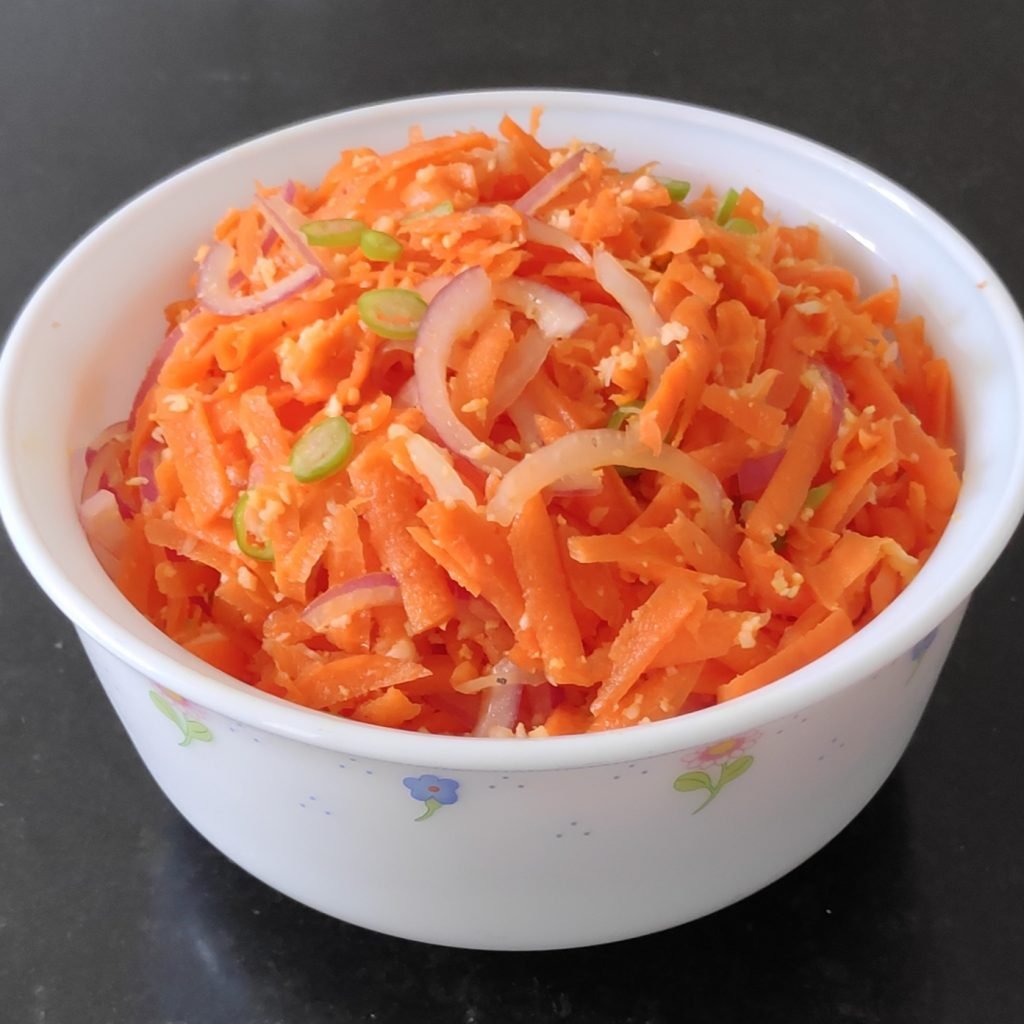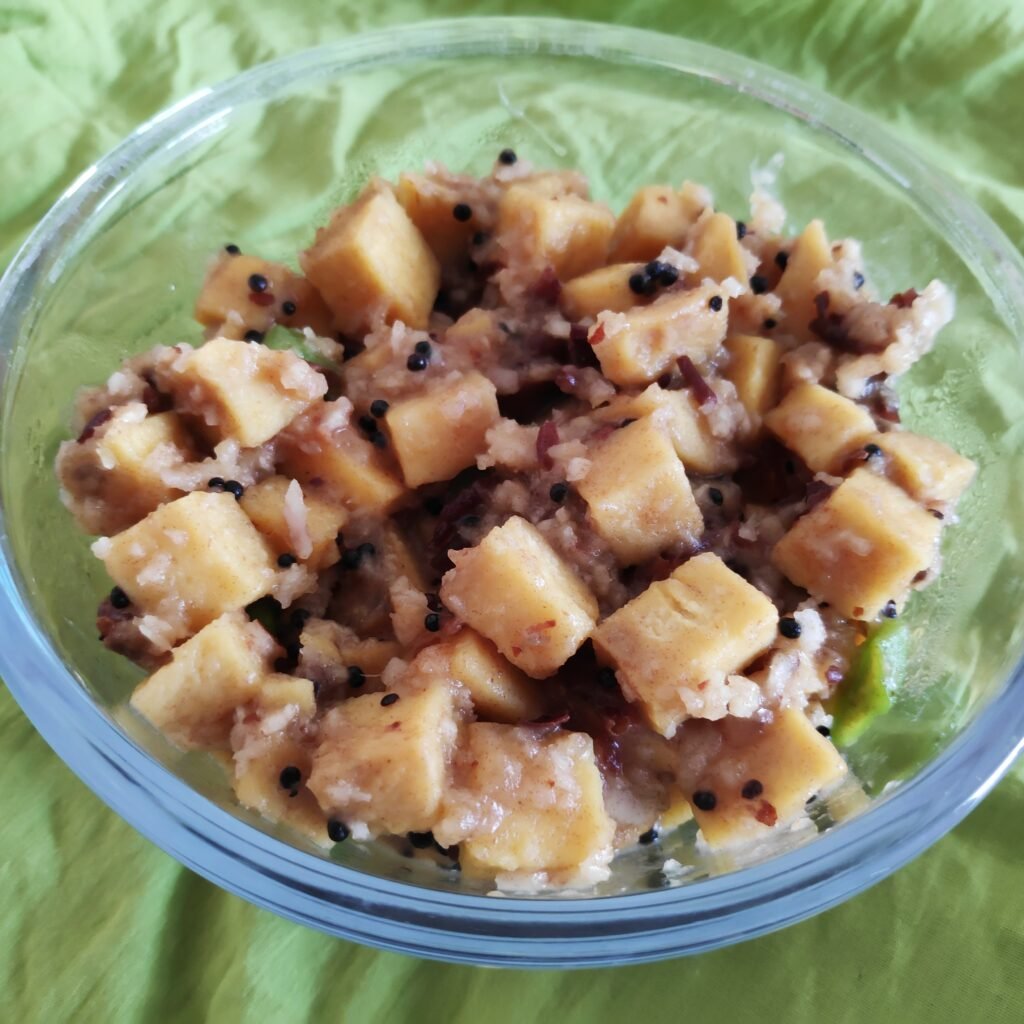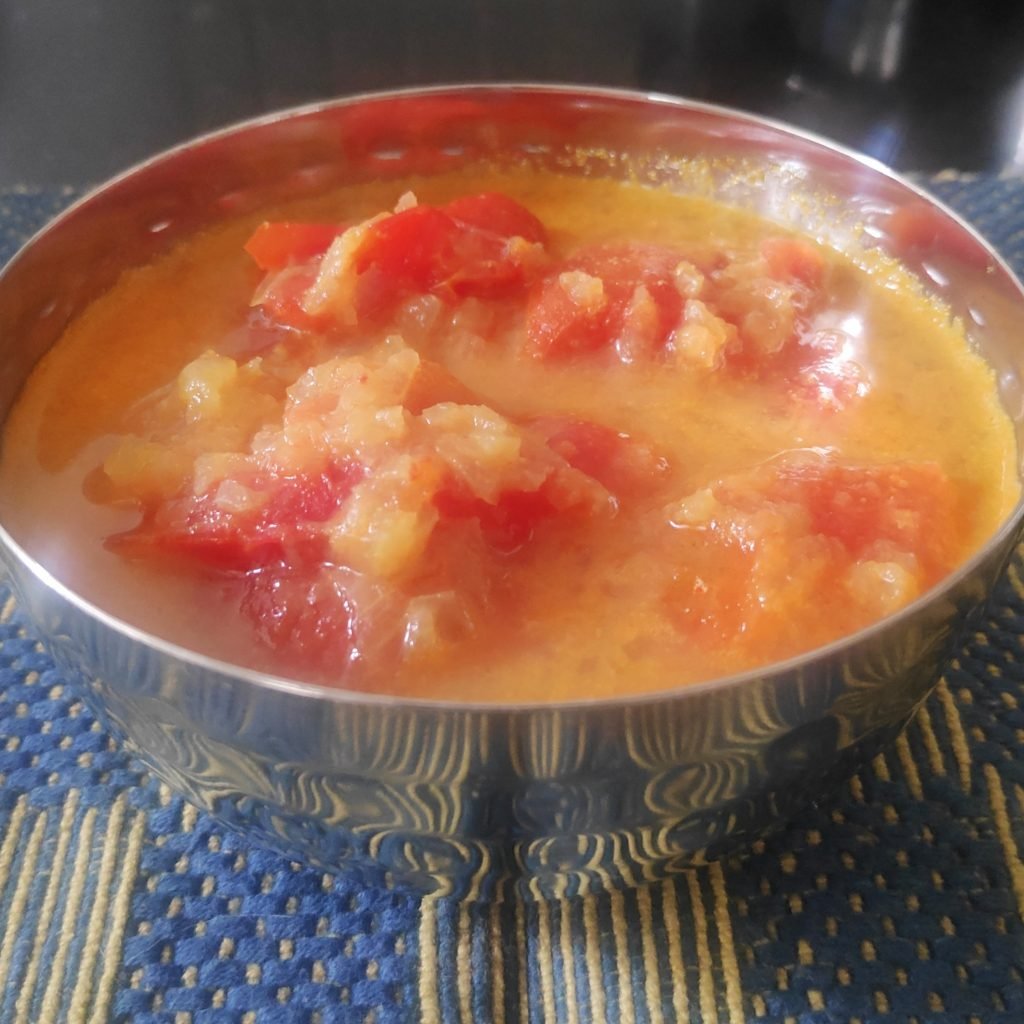Yams are nutrient-dense tuber vegetables that come in many colors the most commonly used one in India being the elephant foot yam or suran or jimikand in Hindi. Yams are versatile, easy to prepare, fast to cook, and a great vegetable to include in your diet in both sweet and savory dishes.
They’re a great source of fiber, potassium, manganese, copper, and antioxidants like vitamin C that support bone health, metabolism, and heart function, and are also said to boost brain health, reduce inflammation, and improve blood sugar control. Copper is vital for red blood cell production and iron absorption, while vitamin C can boost your immune system. Yams contain a unique compound called diosgenin, which has been found to promote neuron growth and enhance brain function and improved memory and learning abilities. Remember that chronic inflammation is linked to an increased risk of various conditions, such as heart disease, diabetes, and obesity. Yams provide several antioxidants that may have anticancer properties and may help reverse irritable bowel syndrome (IBS), and stomach ulcers. Yams also contain resistant starch that may increase digestive enzymes that help break down food and increase the number of good bacteria in your gut.



